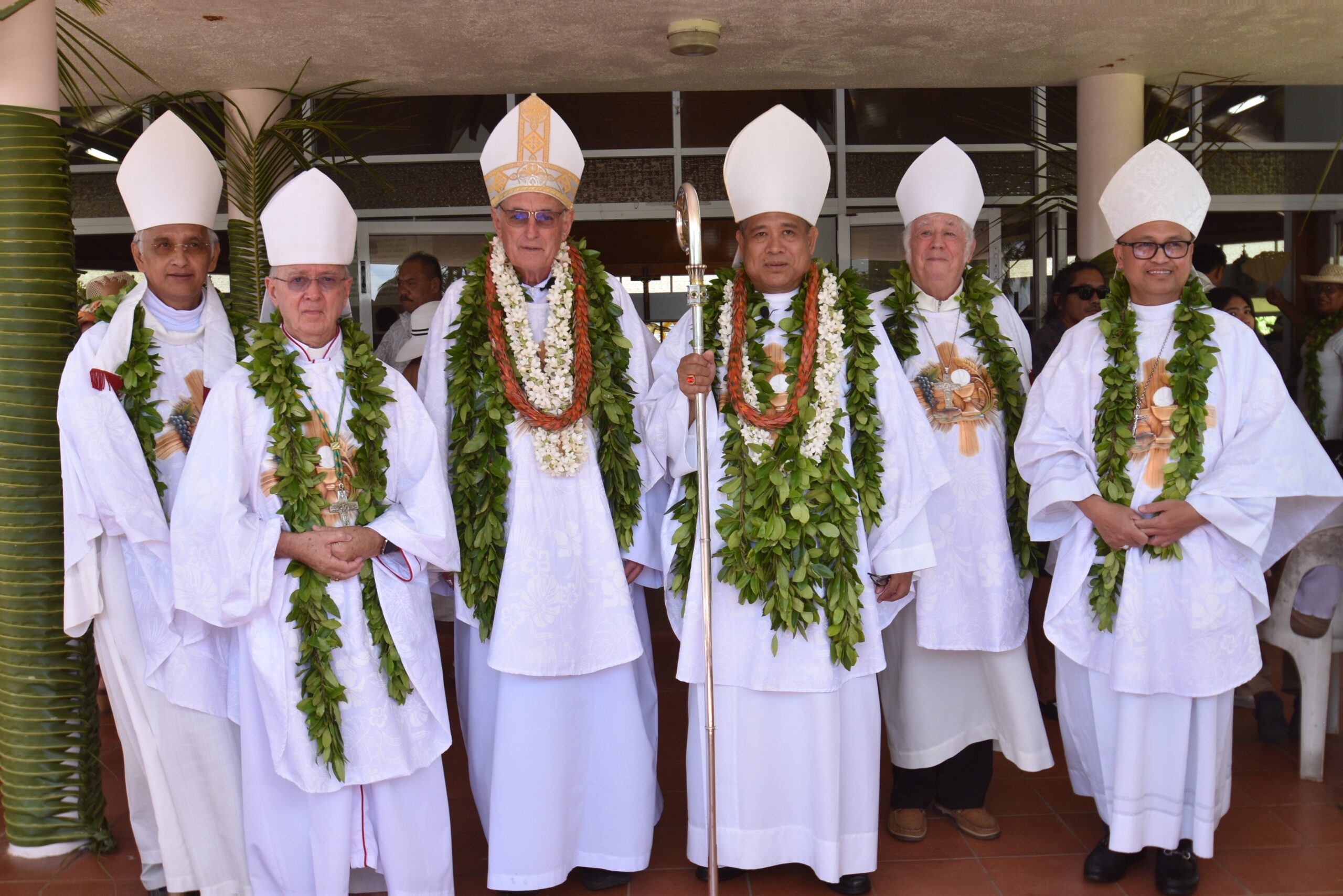CANBERRA – A controversial new whistleblower law has emerged as an obstacle to a visit to Australia by the UN Special Rapporteur on Human Rights of Migrants.
Francois Crépeau was scheduled to visit Australia to gather first-hand information about the situation of asylum seekers detained in immigration detention centres.
But he said the new Border Force Act, which sanctions detention centre staff who disclose information about the centres with up to two years in prison, would impact his work.
Crépeau had hoped to inspect facilities such as the detention centre on Papua New Guinea’s Manus Island.
He said Canberra was not prepared to give a written guarantee that anyone he met during his visit would not face judicial sanction, nor was it prepared to grant full access to offshore centres.
Human Rights Law Centre executive director Hugh de Kretser was scheduled to meet the rapporteur before the visit was scrapped.
“The special rapporteur said that he has been in discussions with the Australian government since January about the visit but that the Australian government has refused to provide those assurances so it is on that basis that he said ‘I can’t guarantee the safety of the people that I speak to, therefore I have to cancel my visit.
“It’s an extraordinary situation for a country like Australia to be in especially at a time that we are seeking election to the UN Human Rights Council and our human rights record will be reviewed by the UN in November.”
The government says the postponement is disappointing and unfortunate. In a statement, it said it accommodated the requests of the rapporteur to the fullest extent possible.
The statement reads: “The Department of Immigration worked closely with the office of the Special Rapporteur to develop a comprehensive programme and facilitate engagement across government. The programme included meetings with key government officials, serviced providers, other organisations and visits to the detention network.
“Access to Regional Processing Centres in Papua New Guinea and Nauru is the responsibility of these sovereign nations and needs to be addressed with their governments.”
Australia funds the offshore detention centres, commissions the contracts to the operators who manage the centres and controls the flow of people in and out of them.
Australian Senate inquiries on the PNG and Nauru offshore facilities raised major concerns about abuses at the centres, especially where child detainees were concerned.
A leading human rights lawyer says Australia is at pains to conceal what goes on at its offshore detention centres. Julian Burnside QC says the Border Force Act has a chilling effect on those who could reveal the abuse going on in the detention centres.
“It’s so crazy that while in ordinary civil society, it’s a criminal offence not to report a known incidence of child sex abuse, in the detention system in Australia, it is a criminal offence to report a known case of child sex abuse.”
He says Canberra’s offshore detention arrangements, which breach human rights conventions to which Australia is party, expose a flawed logic around the country’s treatment of asylum seekers.
“Ostensibly, the Australian public are concerned about boat people because they’re concerned about them drowning in their attempts to reach Australia.
“That really is very odd when you consider that as an expression of our concern about them drowning, we punish them if they don’t drown.”









































